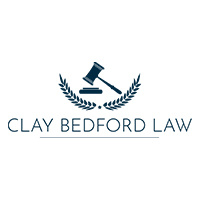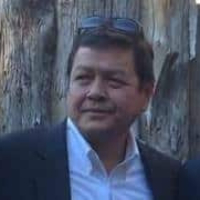Burson Felony Lawyer, California
Clay Bedford
✓ VERIFIEDCriminal, DUI-DWI, Misdemeanor, Felony, Traffic
I am an attorney licensed to practice law in the State of California. My practice is limited to criminal defense and juvenile cases. The criminal... (more)
Darrell G. Griffin
✓ VERIFIEDDUI-DWI, Misdemeanor, Felony, Criminal
Darrell started in private practice in civil law, but quickly realized a different passion. He was a prosecutor for many years. As the Department le... (more)
Richard Thomas Dudek
✓ VERIFIEDCriminal, Felony, Misdemeanor, White Collar Crime, DUI-DWI
Certified Criminal Law Specialist
Richard Dudek knows the Sacramento courts, procedures and prosecutors. Our highly skilled defense team includes licensed private investigators who use... (more)
Anne Mckenzie Hartman
Social Security, Workers' Compensation, Felony, Bankruptcy
Status: In Good Standing Licensed: 16 Years
FREE CONSULTATION
CONTACTCasey E. Pancaro
Social Security, Family Law, Felony, Personal Injury
Status: In Good Standing Licensed: 10 Years
David Carl Beyersdorf
White Collar Crime, Felony, DUI-DWI, Criminal, Car Accident
Status: In Good Standing Licensed: 20 Years
Eric H Hintz
DUI-DWI, Felony, Misdemeanor, White Collar Crime, Juvenile Law
Status: In Good Standing Licensed: 39 Years
FREE CONSULTATION
CONTACT



